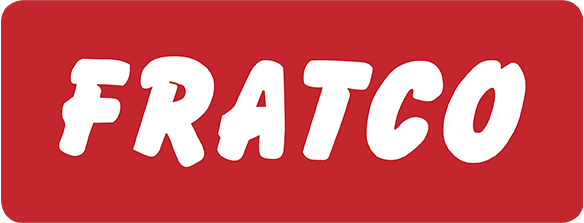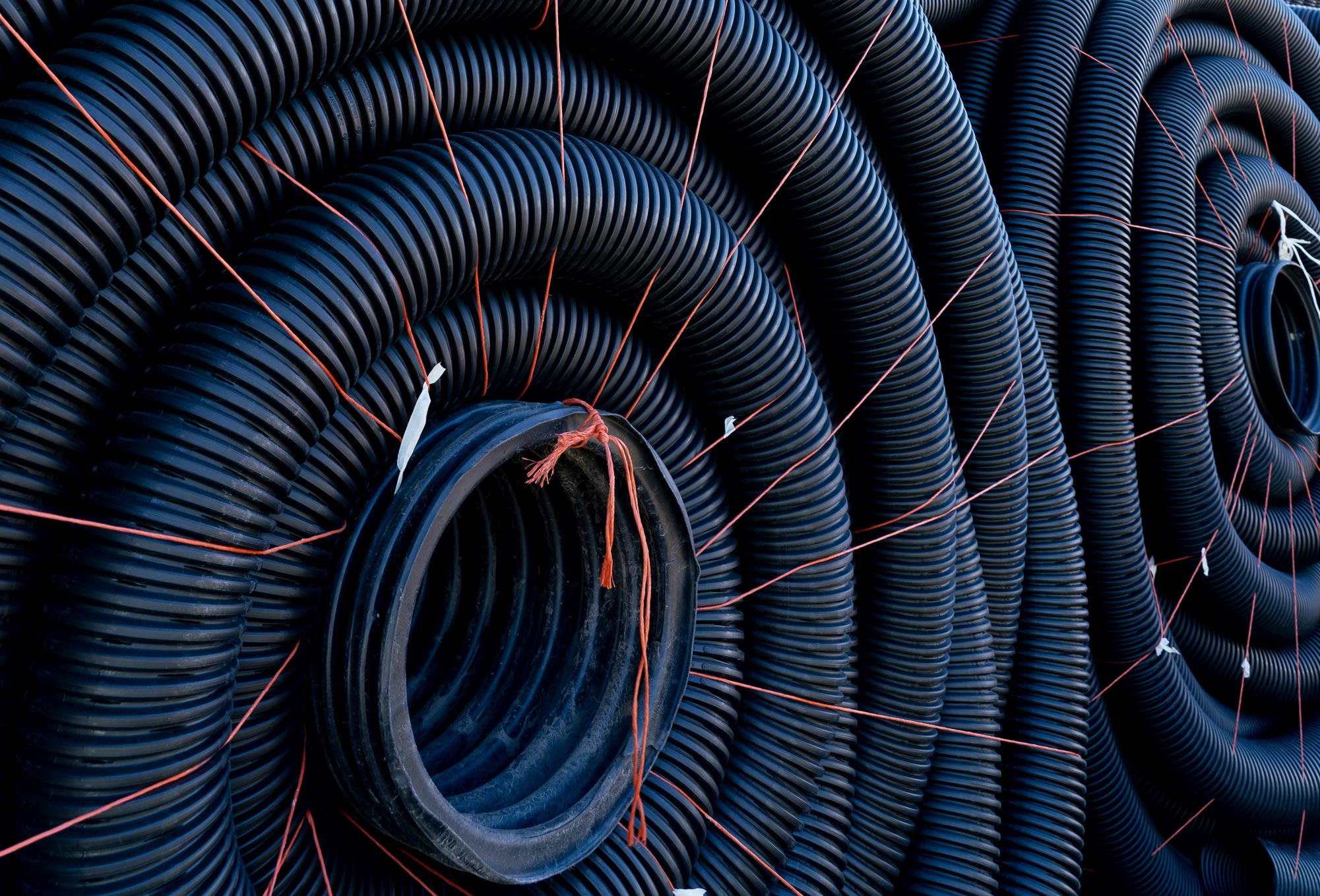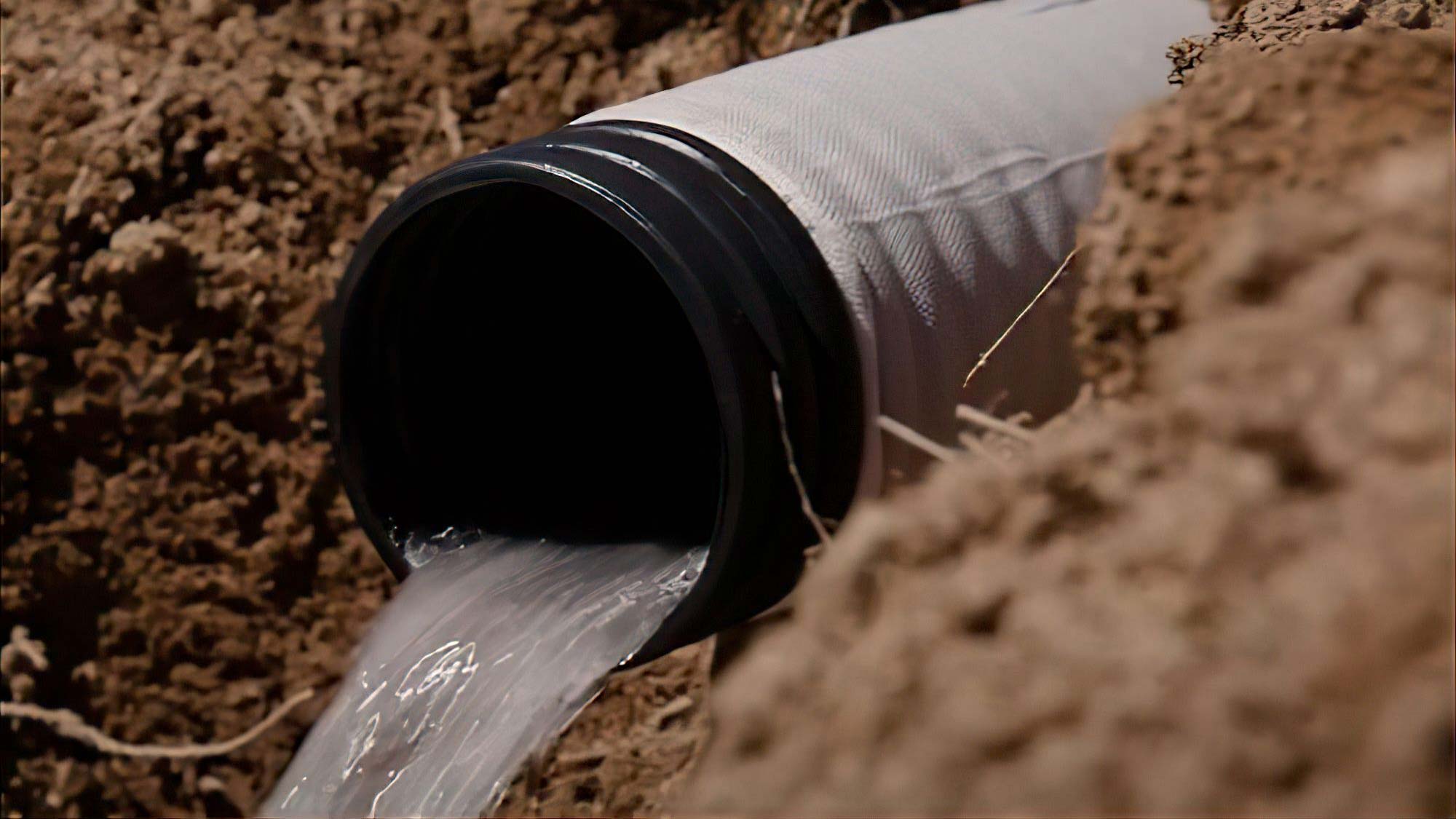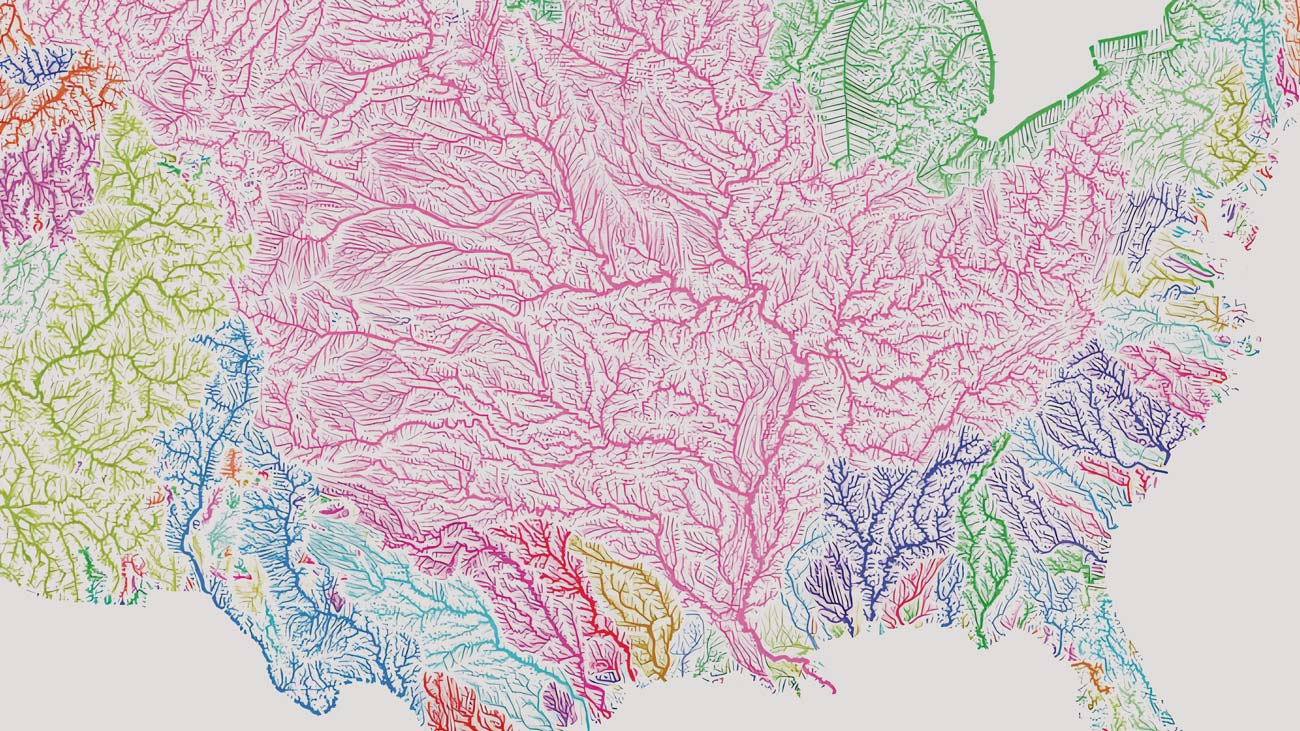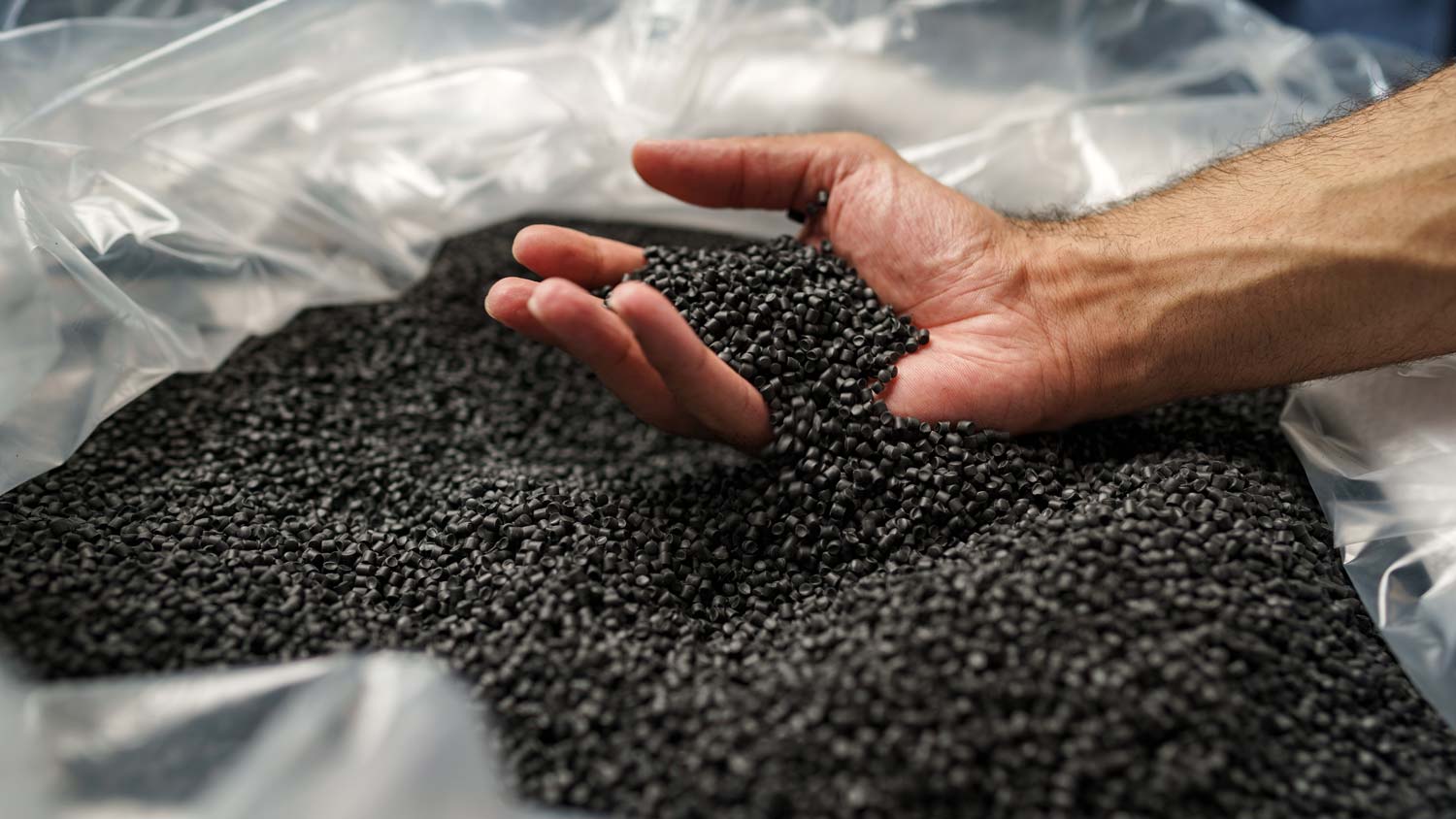As seen in the Tried & True Summer 2023 issue
The Plastics Pipe Institute (PPI) is a trade association that represents all the industries where plastic pipe is used. They are composed of many members that are involved in the drainage industry such as, plastic pipe manufacturers, companies that make the pipe manufacturing equipment, resin suppliers, gasket and fitting suppliers and research laboratories.
PPI has five divisions which are organized by market segments where plastic pipe is utilized.
- Building & Construction
- Power & Communications
- Drainage
- Energy Piping Systems
- Municipal & Industrial
How does PPI benefit a company like Fratco?
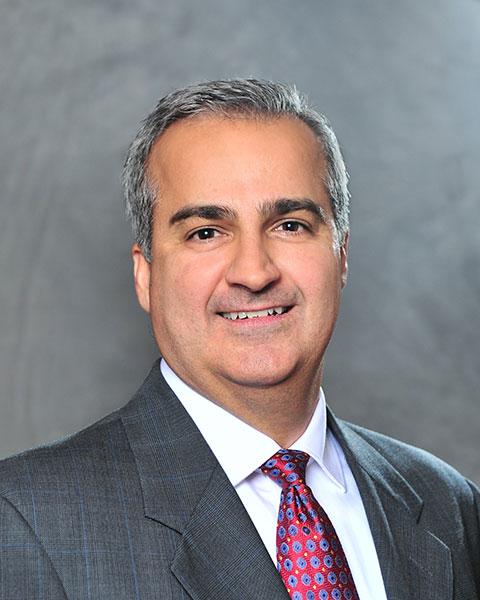
With 25 years of industry experience, Dan Currence, the Director of Engineering for the Drainage Division lays it all out, “PPI’s goal is to raise the water in the harbor so everyone’s boats float higher. We go to bat for the industry and lobby for plastic pipe as the best choice.” His simple analogy explains how PPI works to benefit everyone in the plastic drainage industry.
It’s not efficient or practical for companies like Fratco to attend every meeting and event that could potentially impact the market for plastic pipe. Fratco’s friends at PPI are able to advocate on their behalf along with other pipe manufacturers. One component of PPI’s job is to collaborate with standards institutions to identify, develop and improve standards for corrugated plastic pipe. They start with ASTM (American Society for Testing and Materials) and AASHTO (American Association of Highway and Transportation Officials) by working with their engineers to update standards for culvert, storm drainage and agricultural applications.
That is where Dan comes in. Before taking a position at PPI, Dan worked for 15 years in the industry as a field engineer for a pipe manufacturer. Since joining PPI a decade ago, Dan’s job has been to convince people from a technical standpoint that plastic pipe is the way to go. He makes sure the standards that are set up are advantageous, create positive publicity and awareness, facilitate educational opportunities and expand the market.
Geographic Focus
One of PPI’s largest challenges is conquering the public and commercial projects sector. The more developed an area is, the more drainage is needed. Though home to the bulk of drainage pipe used in agricultural applications, many areas of the Midwest lag behind in using corrugated plastic pipe in public drainage applications.
Education
Much of Dan’s job is spent in Washington D.C. educating our lawmakers, lobbying for opportunities for plastic pipes to compete in all types of drainage applications and advocating for open competition on Congressional transportation bills. When congress is more informed, it helps to raise the tide in the harbor that our industry is floating in.
Much of Dan’s job is spent in Washington D.C. educating our lawmakers, lobbying for opportunities for plastic pipes to compete in all types of drainage applications and advocating for open competition on Congressional transportation bills. When congress is more informed, it helps to raise the tide in the harbor that our industry is floating in.
Sustainability
Plastic sometimes gets a bad reputation, but PPI is dedicated to changing that. The main reason why plastic pipe is an easy first choice for many projects is simply how sustainable the product is and how well the industry utilizes it. Dan says, “Nobody puts post-consumer plastics to better use than the plastic corrugated plastic pipe industry. Each year for the past five years, the plastic pipe industry has recycled 600 million pounds of plastic.” No other industry in the world has come close to reaching that level of sustainability.
“Nobody puts post-consumer plastics to better use than the plastic corrugated pipe industry. Every year for the past five years, the plastic pipe industry has recycled 600 million pounds of plastic.
Resiliency
Although plastic pipe is commonly accepted in the agricultural community for drainage solutions, municipal and industrial projects haven’t yet adopted the same level of acceptance. Plastic pipe can handle the majority of nature events, such as earthquakes, and years of day-to-day rainfall considerably better than other drainage materials like concrete and metal. While plastic might not be a perfect fit for all projects (high pressure implementations, for example), its versatility, flexibility, durability and cost-effectiveness makes plastic great for a large majority of drainage projects.
The concrete pipe industry will frame its product as extremely resilient but doesn’t like to mention earthquakes. We can all imagine what would happen to a concrete pipe underground during an event like that.
Corrugated metal is known for rusting and over shorter periods of time can thin out and degrade, causing leaks and soil erosion. Though metal has more give than concrete when it comes to seismic movement, plastic is a superior choice.
At the end of the day, no one industry is perfect. Framing the resiliency of plastic is high on PPI’s “honey-do list” as they lead the way in advocating for plastic pipe as the superior choice in the drainage industry. Through collaboration and standards development, PPI ensures advantageous and up-to-date standards for plastic pipe. PPI actively educates lawmakers, promotes industry unity, and provides educational resources. With a strong focus on sustainability and resilient solutions, plastic pipe offers versatility, durability and cost-effectiveness for a wide range of drainage projects. Fratco is glad to have someone on our side looking out for the industry. If you’d like to learn more about PPI go to www.plasticpipe.org.
